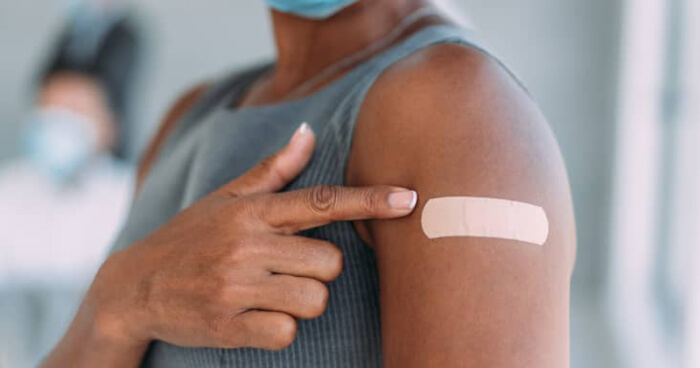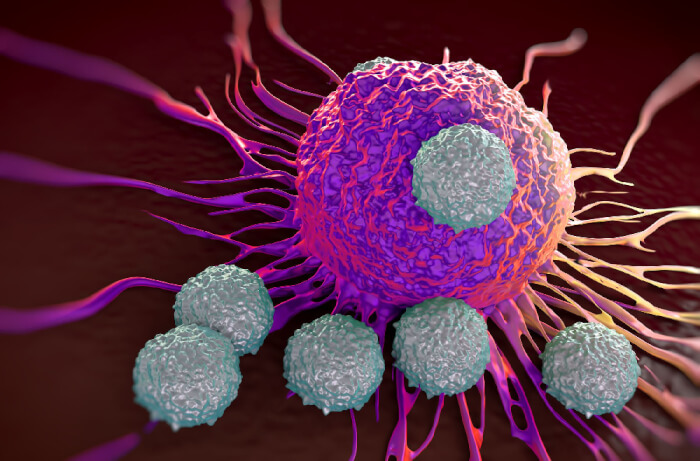Omicron has officially appeared in the US. However, the vaccine approved in the country may contain a "secret shield" against it.
 Source: CNBC
Source: CNBC
The "secret shield" that can help fight the Omicron variant
On December 1, public health officials confirmed the first case of infection with the Omicron variant of Covid-19 in California. This person traveled from South Africa to San Francisco on November 22 and tested positive on November 29. The patient has been fully vaccinated with two doses, but has not received an additional dose.White House medical advisor Dr. Anthony Fauci said that until December 1, the new variant had mild symptoms and was gradually recovering. None of the close contacts of the patient tested positive.
The spread of the new variant raises concerns that Omicron is more likely to avoid the antibodies received from the Covid-19 vaccine than other variants.
Importantly, however, there is no reason to avoid vaccination or booster vaccinations against Covid-19. Because what vaccines bring to help protect the human body against Covid-19 are not only antibodies.
One of the other secret weapons are T cells. These cells can keep fully vaccinated people from getting very sick, even if they are infected with the Omicron variant. T cells may even account for patients in California with only mild symptoms.
How T cells create "shield" against Covid-19
When vaccinated against Covid-19, the human immune system will produce an "army", consisting of different types of cells, such as antibodies, B cells and T cells. They combine with each other to fight the virus.The antibodies are your body’s first layer of defense. They bind to and coat the surface of the virus to prevent it from invading a cell, effectively keeping you from getting sick in the first place.
T cells are the next layer. These white blood cells, also known as lymphocytes, target and destroy cells infected with a virus. A subset of T cells, called killer T cells, are particularly effective because they seek out and annihilate infected cells, stopping the infection from spreading and keeping you from getting severely sick.
 Source: Penn Medicine
Source: Penn Medicine
Experts' point of view
That's what some experts are still believing for now. For example, on November 30, BioNTech CEO and co-founder, Dr. Ugur Sahin, told the WSJ that Omicorn is unlikely to escape the "second-degree immune response" that is T cells.Others say that in the absence of complete data, it is still too early to say exactly about the ability of the body to protect against the Omicron variant of T cells. Kristian Andersen, an immunologist at the Scripps Research Institute says that, although T cells can deal with viruses, it is not clear how they will protect the body from infection.
If the current vaccine is not effective enough against the new variant, vaccines specifically for this variant will be developed. The Biden administration is already planning with Pfizer, Moderna and Johnson & Johnson for that potential contingency, White House Covid coordinator Jeff Zients said in a briefing Tuesday.
Moderna says it’s working on a reformulated vaccine that could be ready to ship by early 2022, if necessary. J&J also says it’s working on a new omicron-specific vaccine, while Pfizer says it’s waiting for more data before acting.
In the meantime, Fauci recommended two actions for everyone to take:
Get your Covid vaccine and booster when you’re eligible, and keep following the mitigation methods you’ve been using since the pandemic began. That includes masking, hand hygiene, distancing in indoor public spaces and isolating when necessary.